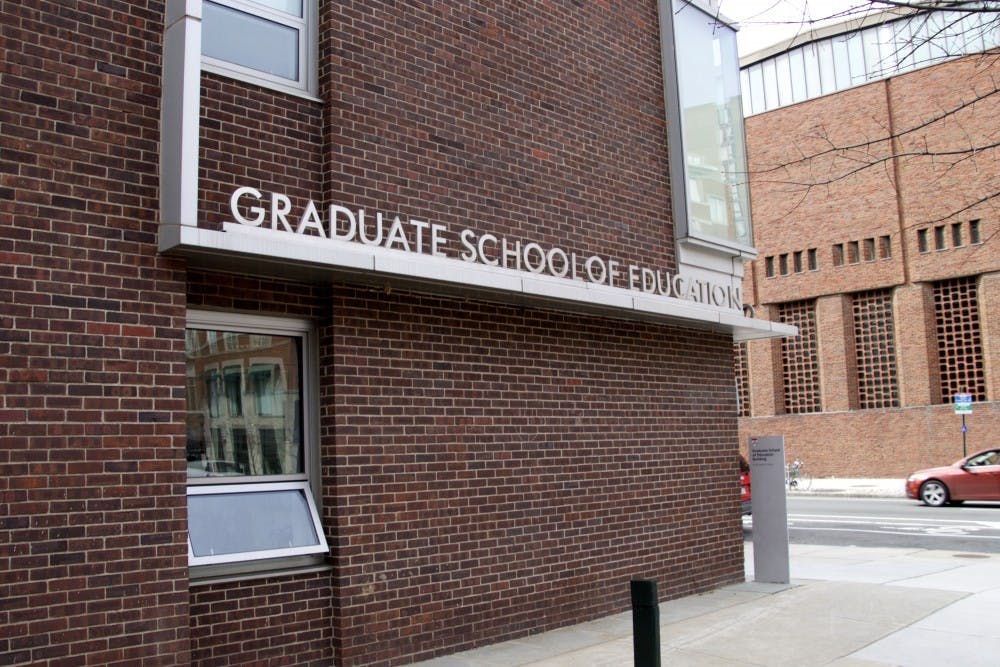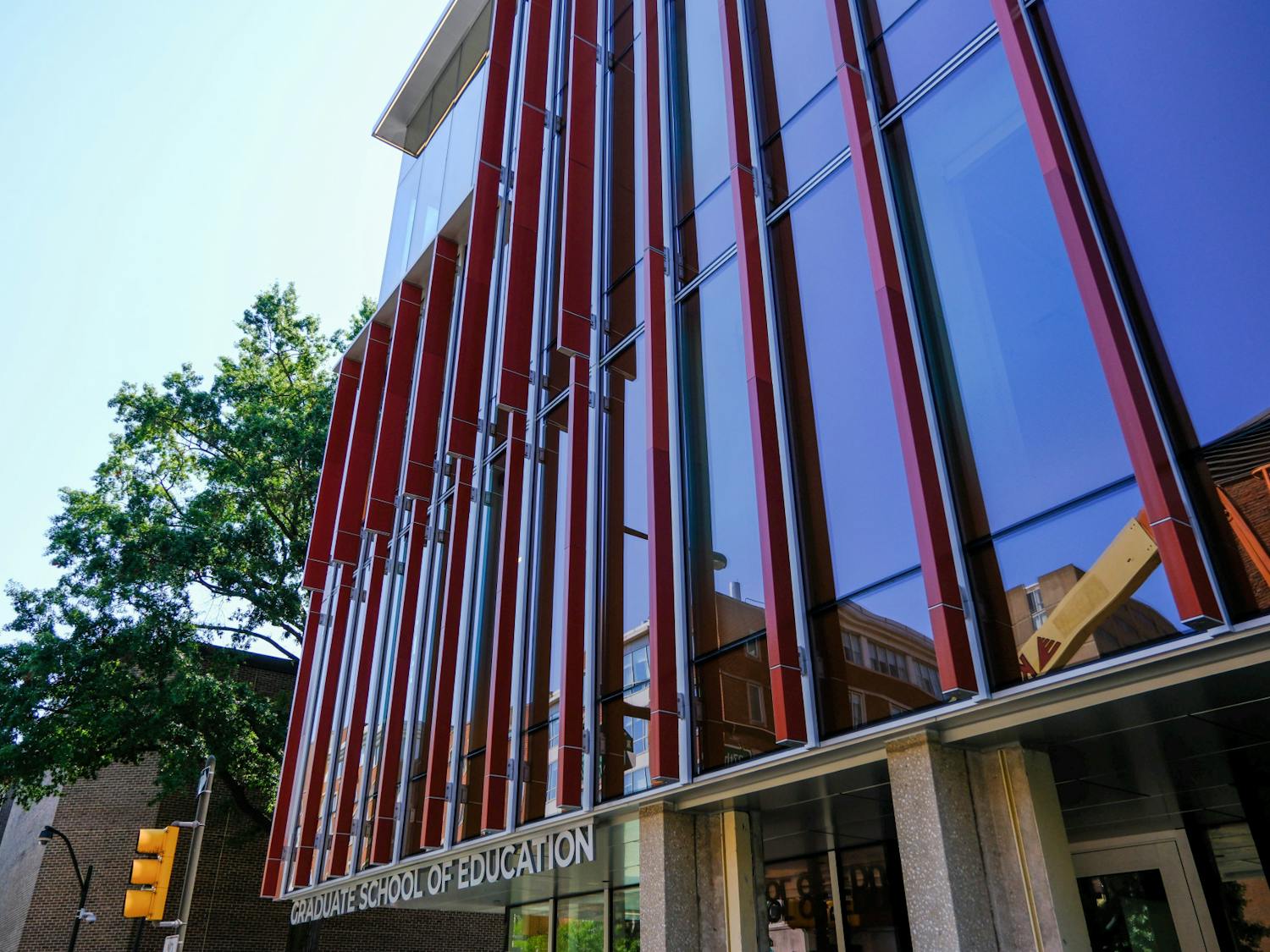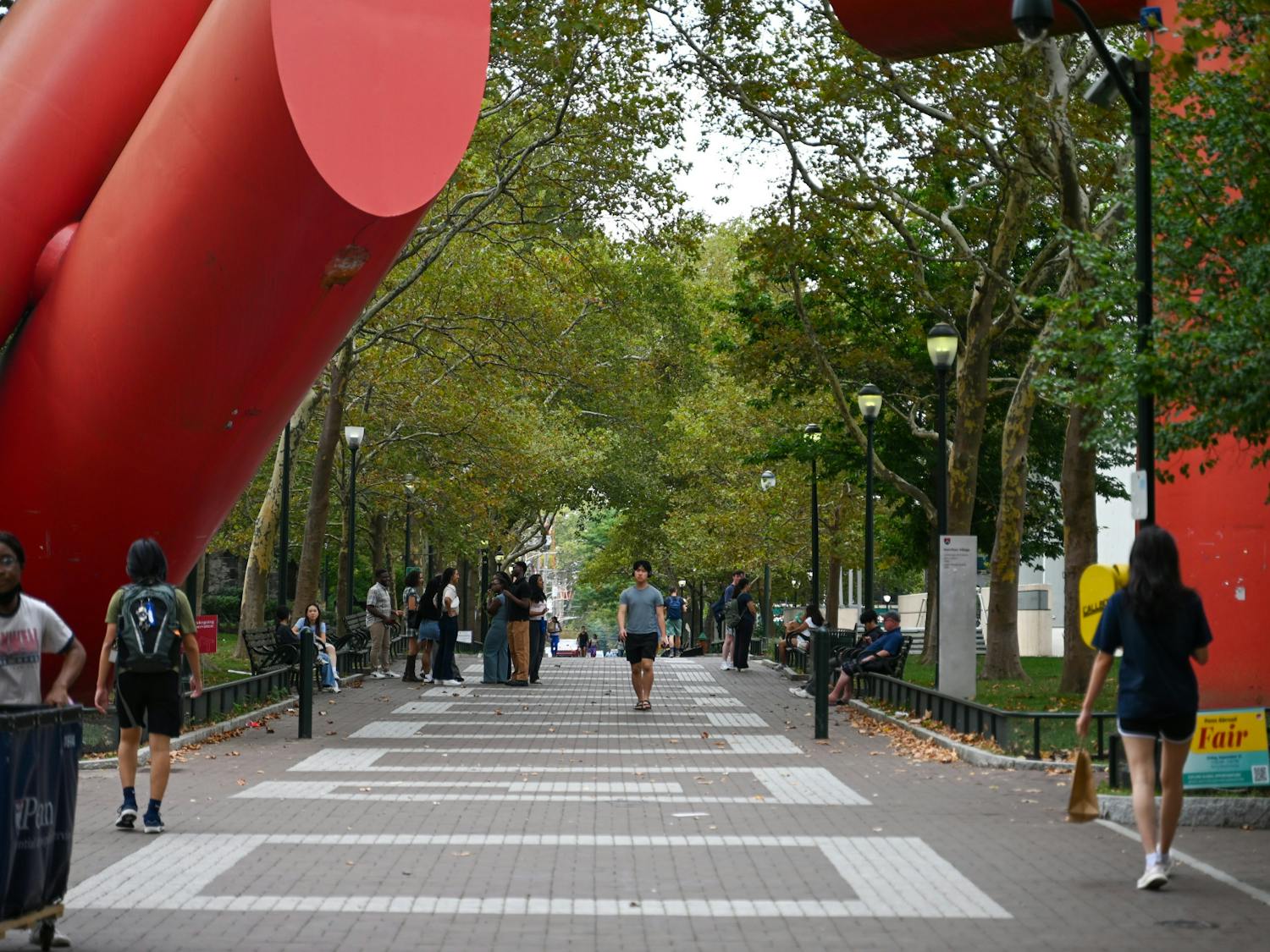Black students in southern states are disproportionately suspended and expelled in kindergarten through 12th grade, according to a recent study released by Penn’s Graduate School of Education.
The study is the brain child of professor Shaun Harper and doctorate student Edward Smith, both of whom work in the Center for the Study of Race and Equity in Education, a subset of GSE.
Smith said the idea for the study came about when he and Harper were doing work in the South.
“We’d talk to parents, teachers, school district leaders, family and community advocates about disciplinary actions and policies,” Smith said. “We’d showcase some data, which we retrieved from the Office of Civil Rights in the Department of Education. It would lead to some stimulating discussions about conditions of student success, achievement, well-being, learning and development.”
He said that eventually they realized the data would be helpful for more communities than they could individually present it to, which is when they decided to compile it into a single report.
The published study garnered media attention immediately, which was one of Smith's goals. “We really wanted to raise some consciousness, elevate some discussions at district levels and state levels about the issues we found,” he said.
Since the report came out, Smith and Harper have not only been contacted by media outlets, but also by schools and school district leaders, asking for help in addressing the problem. Smith said that in these cases, they reference pre-existing work and other experts.
But that’s not to say the Center for the Study of Race and Equity in Education isn’t hands-on in the classroom as well.
RELATED:
West Philadelphia school library enjoys renaissance
Students dissatisfied with Penn Police answers on race relations
“Our center has a pre-existing practice of working with teachers and school leaders in a consulting kind of fashion,” Smith said. Specifically, these consultants work with teachers “on building equitable anti-racist frameworks of practice.”
One such consultant is Ali Michael.
As the Center’s director of P-12 Consulting Services and Professional Development, she currently visits kindergarten and pre-K classrooms to “support them in developing strategies to support positive racial identity development of all their students and really looking at what racial awareness teachers need to have in those early grades,” Michael said.
Michael said she was moved by the study’s findings, primarily because of the underlying implications.
“Before suspensions and expulsions, you have a disproportionality in the ways students are rewarded and punished and the way their behaviors are interpreted,” she said. “The same actions from black students can be criminalized and for white students can be normalized.”
She also said she sees the solution on two levels — locally and institutionally.
“There are structural reasons for disproportionality in suspensions,” she said. “Students not getting what they need early in school, not having teachers that they connect to.” But she added that there is also the “individual level bias and racism” that has to be worked on to fix the problem.
Much of Michael’s work has to do with trying to address the implicit biases in the way that teachers, and everyone else, react differently to black students versus white students.
“Part of what we need to understand is how we’ve been taught to fear black teenage boys, and to see black teenage boys as men before they are men,” she said. “In fact, they’re children and need the help of their community to put them through adolescence like any child.”
Michael and the Center at large have a number of other projects currently in the works, including a book called “The White Woman’s Guide to Teaching Black Boys.”
“Black boys aren’t all the same, but as a group they have struggles that no other racial group has,” Michael said.
Michael will be running a retreat during the first week in October for the leaders of the Penn Greek community, which will be centered around creating more inclusive communities within Greek life on campus.









